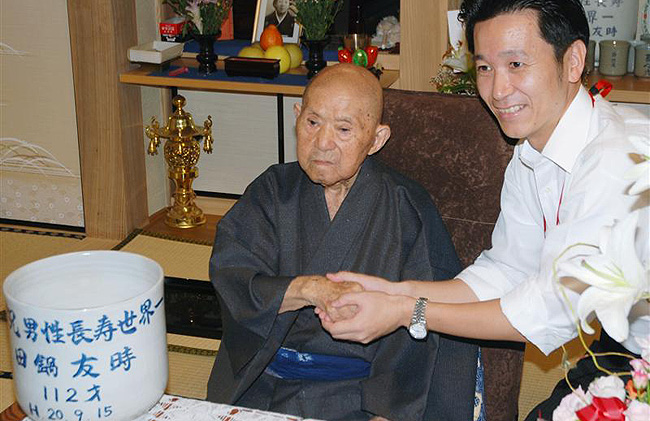Japan is currently nursing the world’s highest population of elderly people in proportion to their overall population. The Japanese culture has a long history of taking good care of their aging population, but recent times have seen a little variation in trends.
The wisdom and experience held by the elderly is still a revered character in Japanese culture, and the near future holds some very uncertain times for Japan’s elderly population. As more than seven percent of the population is approaching 80, elderly diapers are outselling baby diapers.
It’s clear that it’s time to draw attention to the senior citizens in Japan. Take a moment now to learn a little about how seniors are cared for in Japanese culture, and expand your horizons.
Strong family bonds are instilled
From the time children are born in Japanese culture, strong family bonds are instilled. The culture is centralized around the connection between family and the responsibility to support the nuclear unit.
Small children are poised with responsibilities to look after one another, and education is a central priority as well. Growing up in a culture such as this means that as an adult, Japanese people have a strong internal drive to look after their families.
Children are expected to care for parents
The culture in Japan dictates that children grow to care for their elderly parents. More than 65 percent of the elderly population in Japan lives with their children, as Japanese culture dictates that placing your parents in a nursing home is equal to neglect.
Until relatively recently in history, Japan didn’t even have nursing homes. The growing senior population has pressed the government to make some kind of arrangement for socialized care, but the shift was made with much resistance.
Confucian ethics drive cultural standpoints
The Confucian ethic of filial piety requires children to look after their aging parents. Failing to take filial responsibility is a shameful practice. It used to be completely unheard of for the Japanese elderly to be placed in a nursing home.
Recent times have brought about change, but placing your parents in a nursing home is still a practice of which many Japanese steer clear. A more likely choice would be to hire someone to help the family with in-home elderly care.
The times have changed elderly care
Japan’s culture has shifted a bit over the centuries, and in 1950 the National Assistance Act called for the creation of institutions for the elderly population who were not able to take care of themselves.
This act led to the creation of government-run facilities with strict entrance standards. Most recently, as Japan’s elderly population gets larger, there have been new initiatives to provide assistance.

Leave a Reply